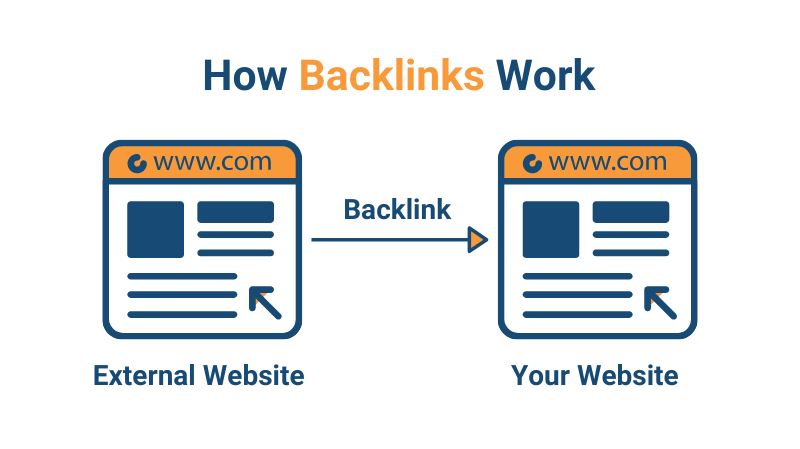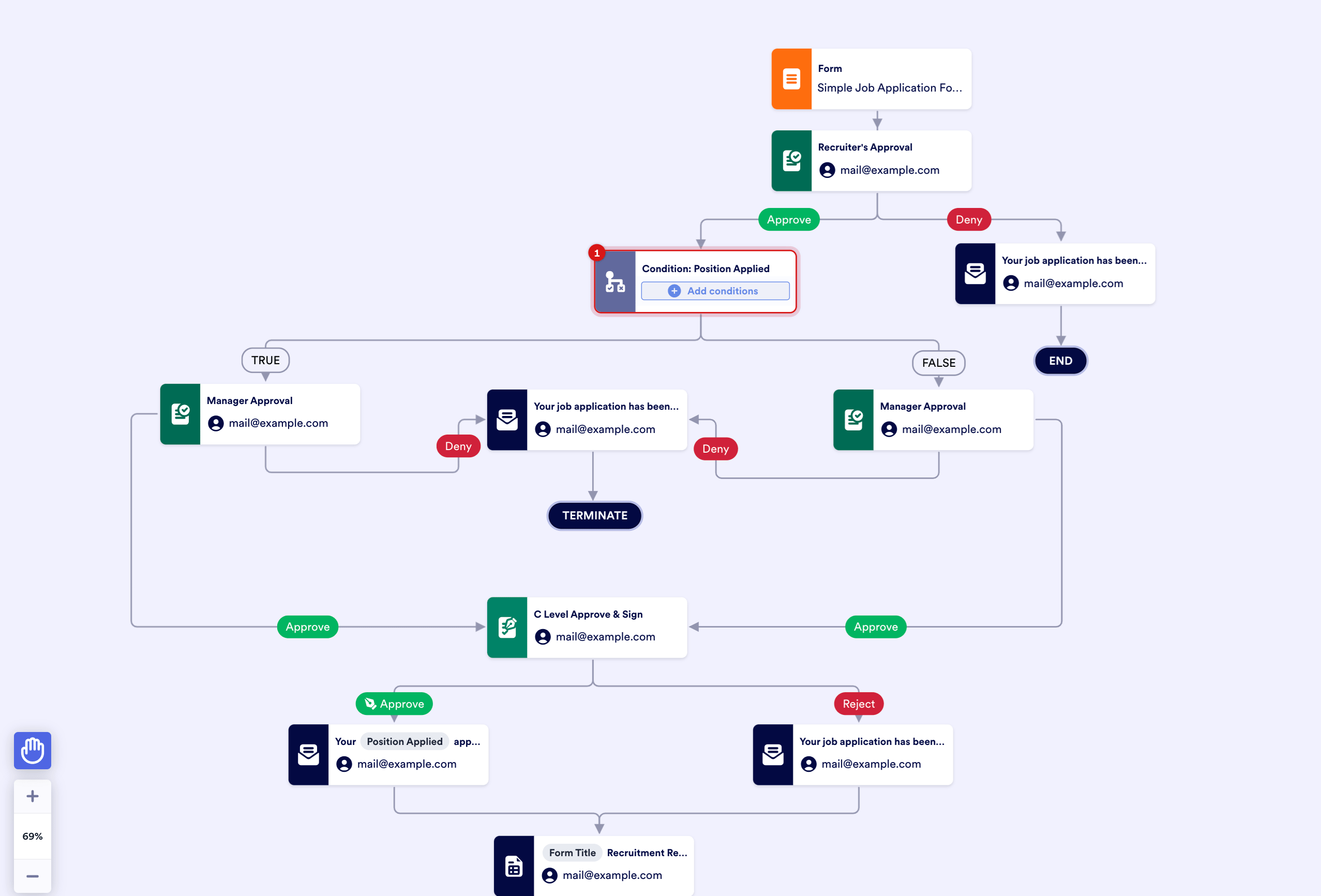In the competitive world of search engine optimization (SEO), backlinks reign supreme, stand as pillars of authority and relevance. They act like digital currency, influencing how search engines perceive your website’s trustworthiness and relevance. They not only signal credibility to search engines, but also serve as pathways for users to navigate the web.
Why Are Backlinks Important in SEO?
Search engines like Google use complex algorithms to rank websites in search results. Backlinks are a vital factor in these algorithms because they indicate the authority and credibility of your website. The more high-quality backlinks you have, the more trustworthy and relevant your website appears to search engines. This can significantly boost your ranking for relevant keywords, making it easier for users to find your website. Let us dissect it into five major points:
- Enhanced Search Engine Visibility: Backlinks act as pathways that lead search engine crawlers from one webpage to another. When a webpage receives backlinks from reputable sources, search engines interpret it as a vote of confidence in the website’s content, thereby improving its visibility in search results.
- Establishing Authority and Trustworthiness: Quality backlinks from authoritative domains validate the credibility of a website. They indicate that other reputable sources find the content valuable and relevant. Consequently, search engines are more likely to prioritize such websites, considering them as reliable sources of information.
- Increased Referral Traffic: Backlinks serve as virtual bridges between websites, directing users from one site to another. When a webpage is linked from a high-traffic source, it has the potential to attract a significant volume of referral traffic, thus expanding its audience reach and engagement.
- Accelerated Indexing: Backlinks facilitate the discovery and indexing of webpages by search engine bots. When a webpage is linked from multiple reputable sources, search engines are prompted to crawl and index it more frequently, ensuring its timely inclusion in search results.
- Improvement in Domain Authority and PageRank: Backlinks contribute significantly to metrics such as Domain Authority (DA) and PageRank, which are indicative of a website’s overall authority and relevance. A diverse portfolio of high-quality backlinks can positively impact these metrics, further enhancing the website’s SEO performance.
How to Evaluate the Quality of Backlinks:
Not all backlinks are created equal. While having a large number of backlinks might seem ideal, it’s the quality that truly matters. Here’s how to evaluate the quality of a backlink:
- Relevancy: Imagine a website about jewelry linking to a website about online-games. Not exactly relevant, right? Backlinks from websites relevant to your niche hold more weight with search engines.
- Domain Authority: Think of domain authority as a website’s reputation score. Links from websites with high domain authority (DA) pass on more SEO power to your website. Tools like Moz’s Domain Authority or Ahrefs’ Domain Rating can help you assess a website’s DA.
- Anchor Text: The text that users click on to follow a link is called anchor text. Relevant anchor text that includes your target keywords can further improve your SEO performance.
- Link Location: Generally, backlinks placed within the main content area of a webpage hold more value than those found in comments sections or sidebars.
- Organic vs. Paid Links: Paid links or link exchanges might seem like a quick way to boost backlinks, but search engines frown upon them. Focus on acquiring backlinks organically through high-quality content creation and outreach.
How to Build a Backlink Profile?
Now that you understand the importance of quality backlinks, how do you go about acquiring them?
Here are some effective strategies to create Link-Worthy Content:
- Create High-Quality Content: This is the foundation of a strong backlink profile. Content that is informative, engaging, and solves user problems is more likely to attract links naturally.
- Guest Blogging: Offer to write informative guest posts for relevant websites in your niche. This allows you to showcase your expertise and earn a valuable backlink to your website.
- Broken Link Building: Find broken links on relevant websites and create content that can serve as a better replacement. Contact the website owner and suggest your content as a replacement, potentially earning a backlink.
- Industry Outreach: Build relationships with influencers and journalists in your niche. Share your valuable content with them and they might reference it in their work, giving you a backlink.
- Social Media Promotion: Promote your content across social media platforms to increase its visibility and encourage organic linking.



